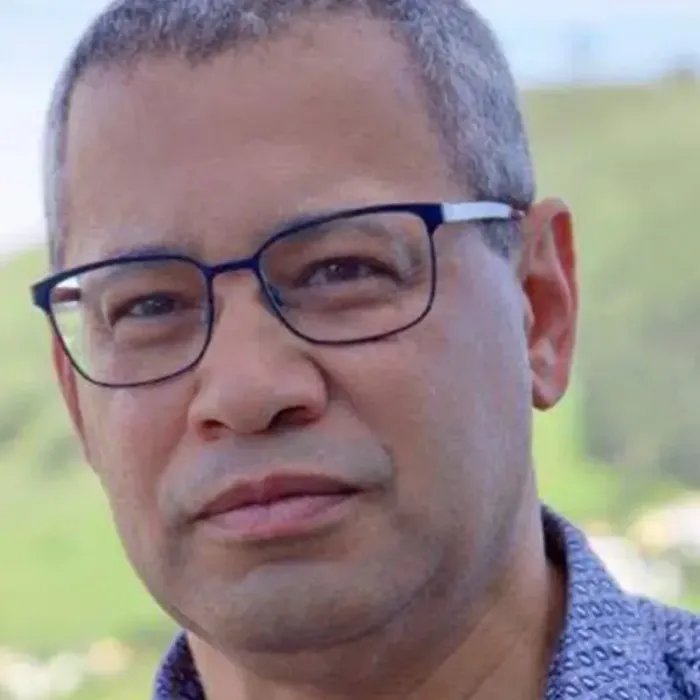How strongmen manipulate democracy: A global perspective

. Lorenzo Davids is the Executive Director of Urban Issues Consulting.
Image: Supplied
Those who venture into bookshops often might have noticed an increase in political literature on tyranny. It's popular reading currently because, quite bizarrely, it's a popular form of government.
Whereas old-school dictators ruled through fear, violence, and a little bit of ideology, Sergei Guriev and Daniel Treisman, in their 2022 book" Spin Doctors: The Changing Face of Tyranny in the 21st Century", see the rise of "media-savvy strongmen” who are “redesigning authoritarian rule” to fit the modern and sophisticated world.
Russia's President Putin and China's President Xi have both extended their presidential terms. Putin amended Russia's constitution in 2020 to allow him to be in office till 2036. President Xi of China was given an unending third term in 2018. China now has a President for life. Upon hearing this, then 45th US President Trump said “President for life... I think it's great. Maybe we'll have to give that a shot some day." Well, that day is here, and he is gearing up to be re-confirmed in 2028. Note I did not say re-elected.
Prior to 2016, the world pretty much went silent on dictators. They made fun of Kim Jong Un, poured their wrath on Robert Mugabe, and said very little about Victor Orban of Hungary and the other forty-nine dictatorships in the world.
In 2025, much of the populism surrounding strongmen like Donald Trump, Victor Orban and Recep Erdoğan, the latter referred to as a 'smart dictator', comes from these leaders' ability to be unapologetically arrogant and offensive, but adored by both elitists and nationalists. Those two qualities have been found to resonate with exhausted voter populations. These leaders are media manipulators. They have built dictatorships that moonlight as democracies. They tap into voters' exhaustion with the limping systems that uphold democracy like rabid dogs. They arrogantly lay bare the failures of democracy, loudly proclaiming the risk to the welfare of these exhausted voters and blaming it all on "unpatriotic, woke leaders."
Without fear, and to great applause, they speak of democracy as having gone too far. They project themselves as the new image of competence, brazenly proclaiming censorship of all kinds, and “using democratic institutions to undermine democracy, all while increasing international engagement for financial and reputational benefits.” They have monopolised and monetised the art of power. Their voters give them continuous and undiminished god-like adoration.
The convergence of leaders like Donald Trump, Kim Jong Un, Vladimir Putin, and Xi Jinping creates an opportunity for them to form a new global body to challenge the power of groups like the G20, World Trade Organisation and even BRICS. Many think this to be impossible, but in 2016, people also thought Donald Trump would never win an election. How wrong they were. It is in the nature of people like Trump and Putin to start their own dog and pony shows where they dictate the music and the dance.
South Africa’s democracy is in its most vulnerable state since the 1994 election. We have a cash-strapped government with a failed leadership who risks losing power in 2029. But it is also at risk of being bought by savvy dictators disguised as democrats, using empire as currency. With fear and spin, they manipulate information to shape global opinion and create popular support, while pretending to be upholders of democracy. Their primary tool is to accuse their opposition of being unpatriotic.
Hungarian sociologist András Bozóki, in his essay "Dictators and Rebellious Civilians" states: “In and of itself an election, even a competitive one - long considered a democracy minimum - does not guarantee the survival of a democracy, as strongmen have learned how to run an authoritarian system behind an electoral veil.”
South Africa is vulnerable to the power of strongmen internally and the lure of empires offered by dictators externally. As democracies weaken globally, we dare not ignore the tyranny hiding in the shadows of pseudo-democratic voices.
Cape Argus